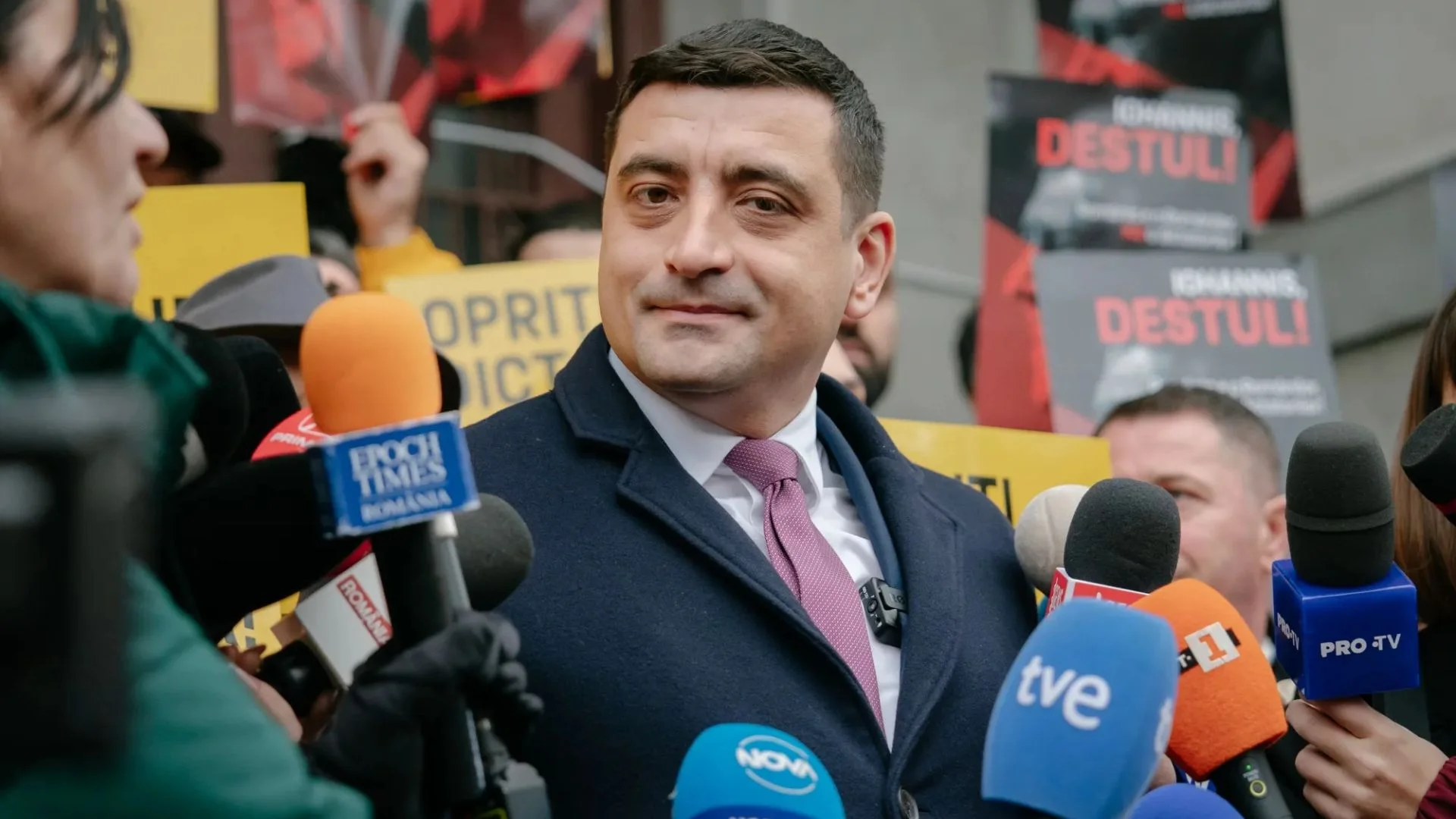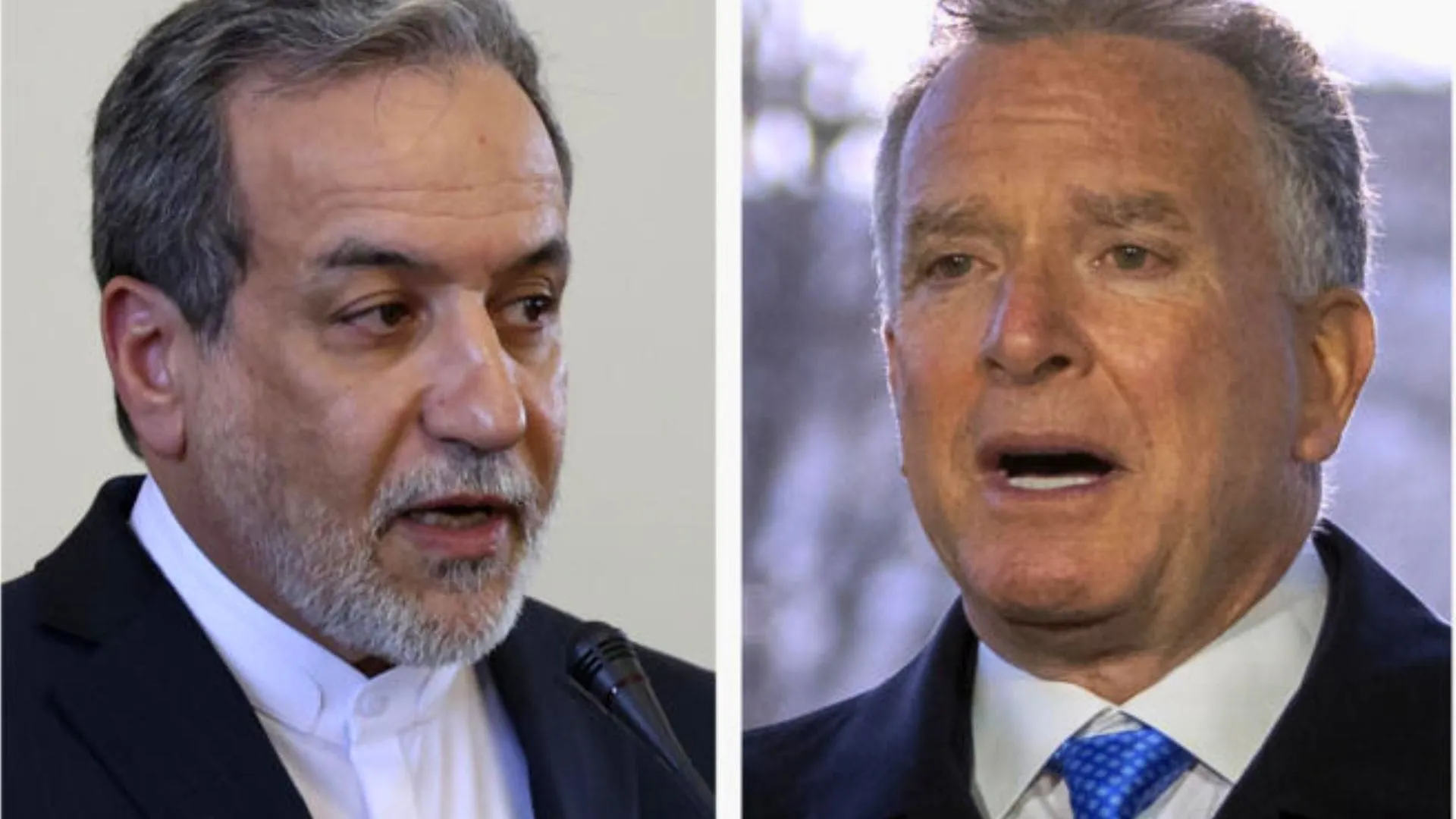Germany is at the forefront of EU discussions to alleviate sanctions on Bashar al-Assad’s government after the ousted president’s fall and the emergence of a new government in Syria led by Islamist rebels. German foreign ministry sources say it is actively involved in dialogue concerning the removal of sanctions against the people of Syria in areas relating to human needs or humanitarian services, and any such decision must be unanimous for all EU members.
The EU sanctions imposed on Syria since 2011, following Assad’s violent crackdown on pro-democracy protests, have been detrimental to the economy of the country. The recent overthrow of Assad on December 8 by rebel forces, especially Hayat Tahrir al-Sham (HTS), has shifted the political landscape. HTS, still listed as a terrorist entity by the UN and the U.S., has disavowed its affiliation with Al Qaeda and is now seeking to administer Syria without Assad’s government.
The United States has engaged initial measures that somewhat reduce the hardships faced by Syrians by issuing a six-month exemption to its sanctions, allowing certain transactions with government bodies. This exemption can help in proper humanitarian aid, alleviate grave power shortages, and allows the personal remittances for Syrian citizens.
Germany’s discussions on easing sanctions include proposals to gradually lift restrictions in exchange for progress on social issues such as minority and women’s rights. Furthermore, the EU would like assurances that Syria will uphold its commitment to non-proliferation of weapons. These sanctions adjustments could be temporary, with a mechanism in place to reverse them if necessary
Germany’s Foreign Minister Annalena Baerbock and her French counterpart recently visited Syria, where they met with HTS leader Ahmed al-Sharaa. She said that inclusive governance is required and that all Syrian groups must be involved in the transition in the country.























